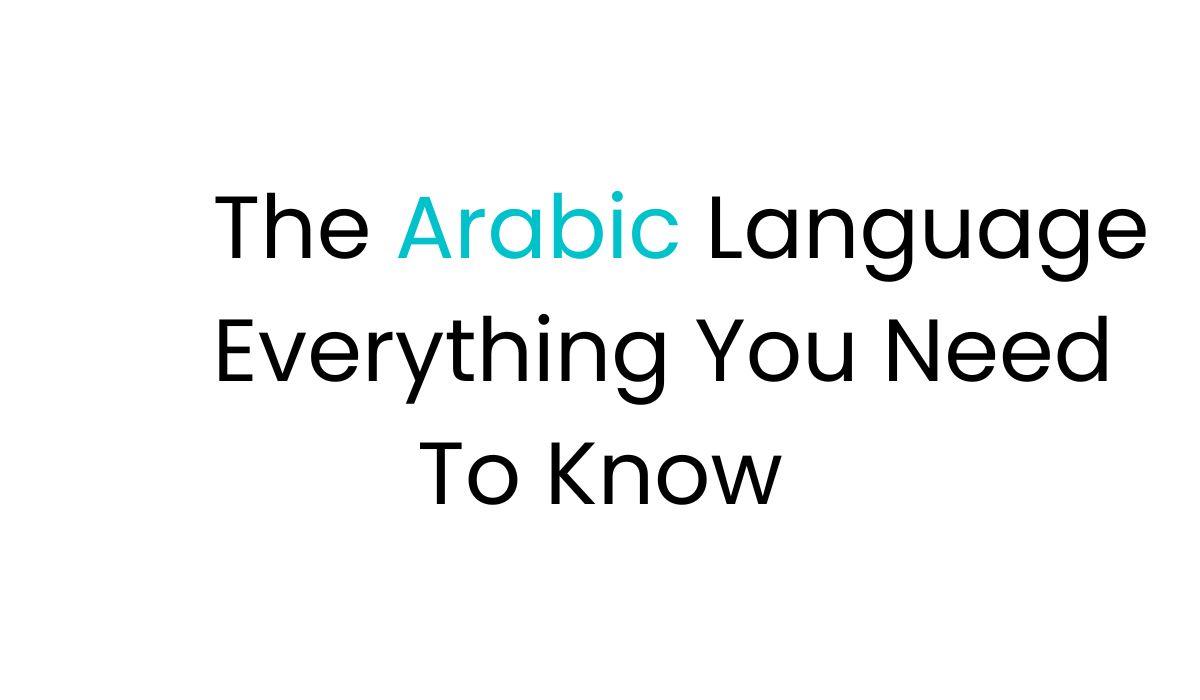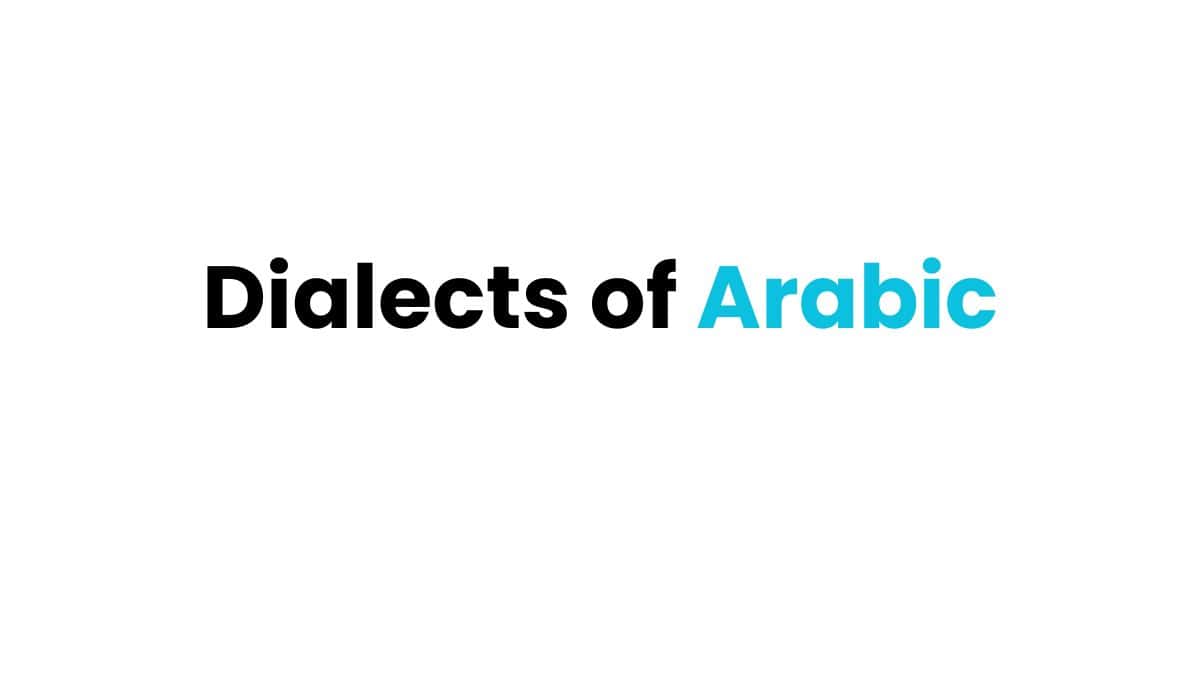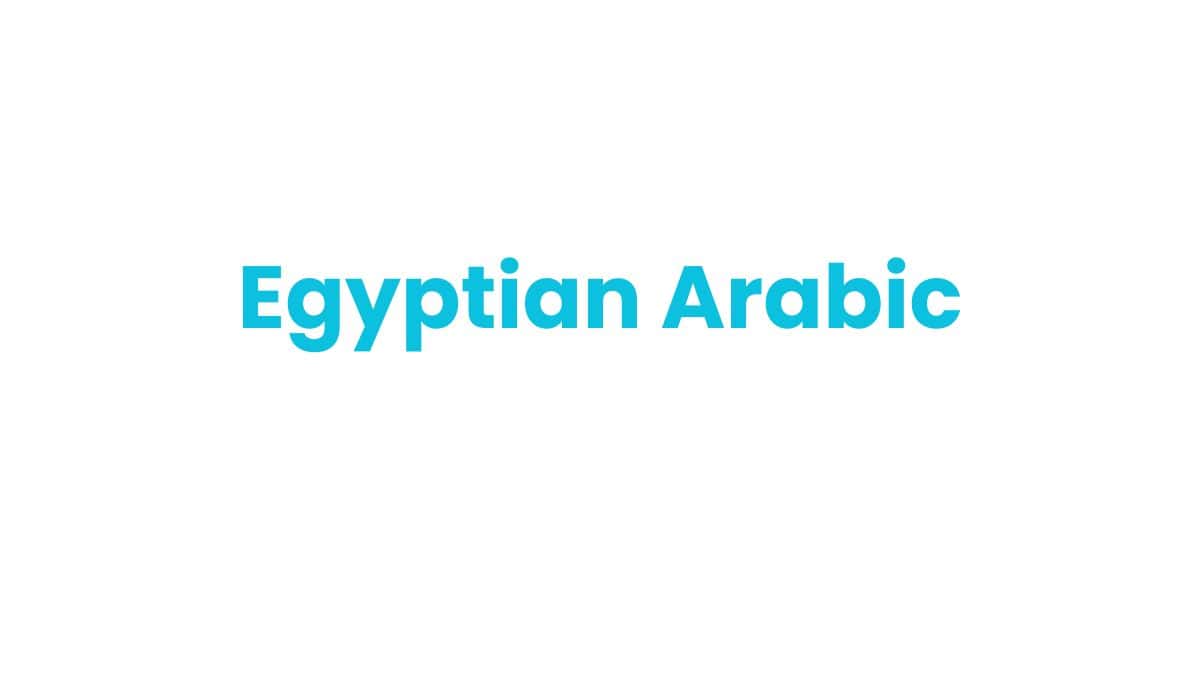Welcome to our post about the top reasons to learn Arabic. The Arabic language is rich and globally important. It’s the 5th most-spoken native language, with over 422 million speakers. Arabic is an official language in 20 countries and a co-official in at least 6 more. It’s also one of the 6 official languages of the United Nations.
Learning Arabic can open many doors. It can boost your career and deepen your cultural understanding. Whether you’re interested in its unique calligraphy, ancient history, or diverse dialects, Arabic learning is a journey worth taking.
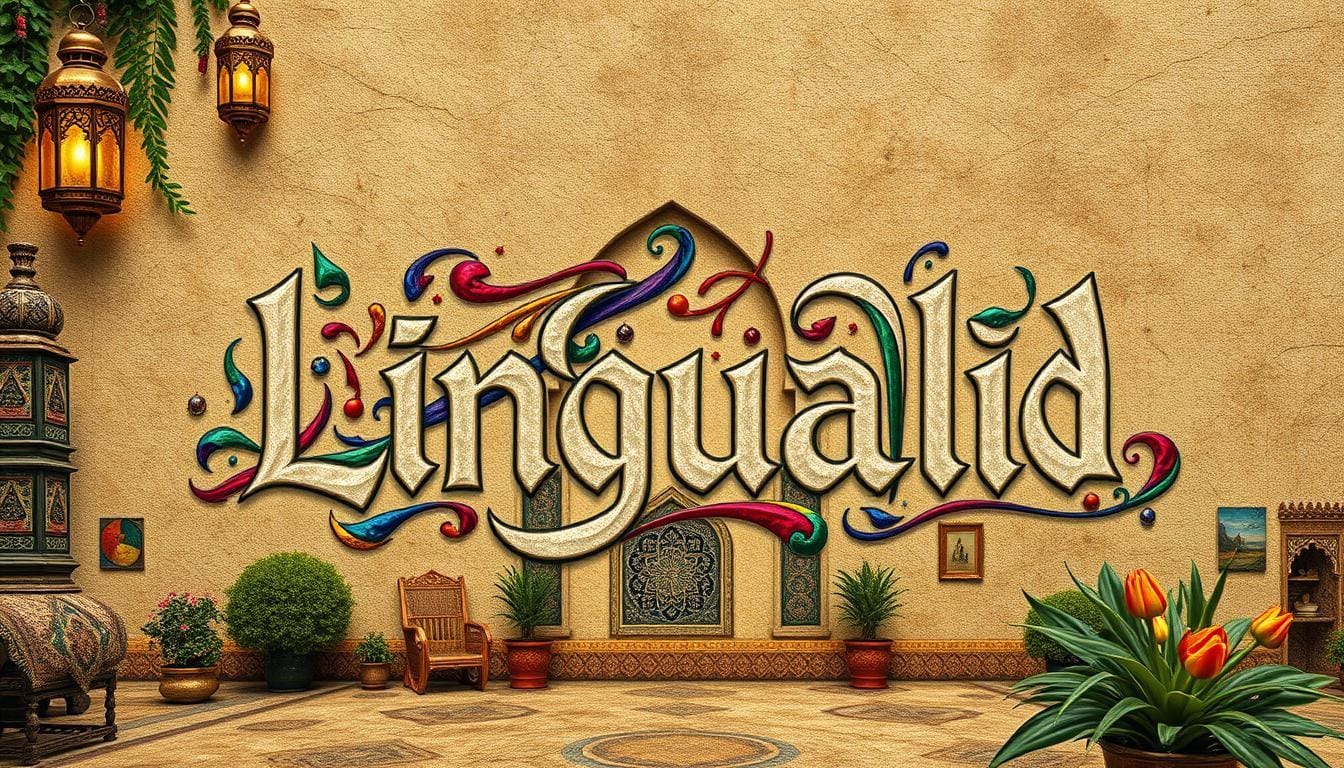
Key Takeaways
- Arabic is the 5th most widely spoken native language worldwide, with over 422 million speakers.
- Arabic is an official language in 20 countries and a co-official language in at least 6 more.
- Learning Arabic can provide advantages in job applications, especially in fields like engineering, business, international relations, journalism, and finance.
- Acquiring Arabic skills can enhance travel experiences in over 20 countries where the language is spoken.
- Key Takeaways
- Statistics and Global Distribution
- Arabic's Role in International Organizations
- Contemporary Relevance in the Modern World
- Religious Significance
- Cultural Integration
- Historical Context
- Geographic Reach
- Dialectal Variations
- Cultural Diversity
- Modern Arabic Arts
- Cognitive Advantages
- Cross-Cultural Communication Skills
- Industry Demands
- Career Advancement Opportunities
- Why should I learn Arabic?
- How significant is the Arabic language globally?
- What career opportunities are available for Arabic speakers?
- How is Arabic language connected to Islamic culture and heritage?
- What are the economic benefits of learning Arabic?
- How does learning Arabic expand travel experiences in the Arab world?
- What are the cultural and literary benefits of learning Arabic?
- How can Arabic language skills benefit business opportunities?
- What are the personal and cognitive benefits of learning Arabic?
- How does Arabic relate to other languages?
- What are the salary and career advancement opportunities for Arabic speakers?
The Global Significance of Arabic Language
Arabic is a language of great importance, spoken by about 422 million people. It’s the fifth most spoken language globally. It’s an official language in over 20 countries, with a combined GDP of $2.5 trillion. This shows its economic and political value.
Statistics and Global Distribution
Arabic is not just for Arabs. In the U.S., 3.5 million Arab-Americans speak it. Only 1% of FBI employees know Arabic, showing its career value. This makes Arabic language proficiency very important.
Arabic’s Role in International Organizations
Arabic is a key language in the world. It’s an official language in the United Nations General Assembly since 1973. This role shows its importance in global communication and diplomacy.
Contemporary Relevance in the Modern World
Arabic is more than politics and diplomacy. It’s the main language of Islam, with 1.5 billion followers. Scholars in medieval times greatly contributed to algebra, showing Arabic’s historical and academic impact.
| Statistic | Value |
|---|---|
| Number of Arabic Speakers Worldwide | 422 million |
| Number of Arab-Americans in the U.S. | 3.5 million |
| Percentage of FBI Employees Proficient in Arabic | 1% |
| Number of Islamic Followers Worldwide | 1.5 billion |
“Arabic is considered a ‘critical language’ by the U.S. State Department, leading to the creation of scholarships for language study in the U.S. and overseas.”
Career Opportunities for Arabic Speakers
Learning Arabic can open many doors for your career. In Western countries, Arabic speakers are rare. This makes them very valuable in many fields.
Arabic skills are useful in engineering, business, international relations, and journalism. The U.S. government and military also look for Arabic speakers. They see the language as key for their work.
The Arab market is growing, and so are job chances in construction, finance, and tourism. Companies want people who can speak both Arabic and English. This is because they want to reach out to the Arabic-speaking world.
If you’re good at translating, interpreting, or teaching Arabic, you’ll stand out. Arabic skills are also useful in banking, consulting, and intelligence work. This makes Arabic speakers more valuable in the job market.
Arabic speakers can find jobs in the Middle East or in international organizations. Learning Arabic can lead to many opportunities. It can help you succeed globally.
“Proficiency in Arabic opens doors to a wealth of career opportunities in today’s interconnected world. As the demand for cross-cultural communication and understanding continues to grow, those with this linguistic expertise are poised to thrive in an array of industries and organizations.”
Understanding Islamic Culture and Heritage
Learning Arabic is key to diving into the rich culture and faith of the Arab world. Arabic is the language of the Quran, the holy book of Islam. It’s important for the 1.8 billion Muslims around the globe. By studying Arabic, people can understand Islamic beliefs and traditions better.
Religious Significance
The Arabic language is closely linked to Islam. The Quran, Islam’s holy book, was revealed in Arabic. Studying Arabic lets people connect with the Quran’s original teachings. This deepens their understanding of Islamic principles and practices.
Cultural Integration
Arabic is more than just a language; it opens doors to the Arab world’s diverse cultures. From calligraphy and poetry to food and art, Arabic helps you appreciate the region’s heritage. It also helps break down stereotypes and encourages cultural exchange.
Historical Context
The Arabic language has a long and fascinating history. It evolved from ancient Semitic languages and the Arabic alphabet. Learning Arabic gives insights into its role in the Arab world’s intellectual and cultural growth. This knowledge helps understand the Arabic language’s importance today.
“Arabic is not just a language, but a gateway to the profound and diverse cultural heritage of the Arab world. By learning this ancient and dynamic language, one can unlock a deeper understanding of the Islamic faith, the region’s history, and the vibrant tapestry of its people.”
Arabic Language’s Economic Impact
The Arab region has a GDP of over $600 billion each year. This makes it a great place for businesses and entrepreneurs. Arab countries are working to make their economies better and more diverse. They are also improving their business rules to attract more investors.
Construction, finance, telecommunications, and tourism are growing fast, especially in the Arabian Gulf. If you know Arabic, you have many economic chances. Whether you want to start a business or grow your career, learning Arabic can help a lot.
| Statistic | Value |
|---|---|
| Increased need for Arabic speakers in US government agencies | Due to complex political, military, and economic issues in the Middle East and North Africa |
| Arabic is spoken in over 20 countries by roughly 420 million speakers | Providing diverse opportunities for those with Arabic language skills |
There are scholarships and funding to help you study Arabic abroad. Programs like the Critical Language Scholarship Program and the Arabic Overseas Language Flagship Program offer great opportunities. By learning Arabic, you can succeed in the Arab market.
Reasons to Learn Arabic: A Gateway to Multiple Countries
Learning Arabic opens a world of cultural diversity and travel enrichment. It’s spoken in over 20 countries, from North Africa to the Middle East. Mastering Arabic can change how you explore the Arab world.
Geographic Reach
Arabic is one of the top five most spoken languages worldwide. It has about 422 million speakers. It covers Africa and Asia, making it key for communication and exploration.
Dialectal Variations
The Arabic language has a rich mix of dialects. From the Quran’s classical Arabic to modern standard Arabic (MSA) and local colloquial variations. Understanding these dialects can reveal local customs and traditions.
Cultural Diversity
Learning Arabic lets you dive into the Arab world’s cultural diversity. You’ll discover the region’s architecture, cuisine, art, and traditions. Arabic enhances your connection to the Arab heritage and lifestyle.
“Learning Arabic provides a gateway to a world of cultural exploration and deepened understanding. It’s a language that connects you to the past while opening up new possibilities for the future.”
Whether you’re seeking travel enrichment, exploring business opportunities, or wanting to improve your Arabic language skills, diving into Arabic can be life-changing.
Enhanced Travel Experiences in Arab Nations
Exploring the Arab world is a journey that gets richer when you speak Arabic. It is a key to unlocking many cultural immersion experiences. Learning Arabic lets travelers dive deeper into the travel enrichment that Arab nations offer.
Speaking Arabic helps you connect with locals, making your experience more authentic. You can navigate souks, negotiate prices, and enjoy conversations over mint tea. Your language skills open doors to the true heart of Arab hospitality.
Knowing Arabic also gives you a deeper understanding of the Arab world’s history and culture. You’ll appreciate the beauty of Marrakesh, the ancient ruins of Petra, and the street art of Beirut more. Your language skills enhance your cultural immersion experience.
“Learning Arabic has transformed my travels in the Arab world. I’ve been able to engage with locals on a deeper level, explore off-the-beaten-path destinations, and truly immerse myself in the rich cultural tapestry of the region.”
By embracing Arabic, you unlock the travel enrichment of the Arab world. Your journey will be filled with unforgettable memories and a deep appreciation for the diverse cultures of this vibrant region.

Arabic’s Rich Literary and Cultural Heritage
Arabic opens a door to a world of literature and culture. It lets us dive into classic stories like The One Thousand and One Nights. We can also enjoy the poems of great poets like Ḥāfeẓ and Ahmad Shawqi in their original form.
The Arabic language also shows us the Arab world’s big impact on history. They’ve made huge strides in architecture, navigation, astronomy, and math. Learning Arabic lets us explore this rich heritage, gaining a new respect for their art and science.
Modern Arabic Arts
Exploring Arabic also introduces us to modern Arabic arts. The Arab world is known for its innovative architecture and films. Learning Arabic helps us appreciate the beauty of their cultural achievements.
Learning Arabic is a journey of discovery, cultural immersion, and intellectual growth. It lets us understand the Arab world’s lasting influence on our world, both past and present.
Business Advantages in the Middle East Market
Knowing Arabic can give businesses a big edge when they want to grow in the Middle East. This region has over 420 million Arabic speakers in more than 20 countries. Places like Saudi Arabia, the UAE, and Qatar are key players in the market.
The Middle East and North Africa have seen fast economic growth. In 2022, they got over $15 billion in foreign investment. Countries like Saudi Arabia, the UAE, and Qatar have big economies, offering great business chances.
Being able to speak Arabic can change the game for businesses. It helps them talk smoothly, build strong ties with local partners, and understand local customs. This skill is crucial in finance, tech, and energy, helping businesses stand out.
The need for Arabic speakers in jobs has grown a lot, especially in the US. This shows how important Arabic is becoming in the business world. It’s a key skill for those looking for jobs in the Middle East.
The Middle East is full of big projects and job chances in finance, engineering, education, and healthcare. Places like Saudi Arabia’s NEOM, a $500 billion mega-city, offer many opportunities. Knowing Arabic can help businesses find new markets, make strong partnerships, and grow in the Arab world.
“Proficiency in Arabic provides a significant competitive advantage for businesses seeking to expand into the dynamic Middle East market, enabling seamless communication, fostering trust, and unlocking new opportunities.”
In short, Arabic is a key asset for businesses aiming to succeed in the Middle East. By learning Arabic, companies can get ready for success, take part in the region’s economic growth, and find many business chances in this important global market.
Language Learning Benefits for Personal Growth
Exploring the Arabic language opens up many personal growth paths. It goes beyond just learning a new language. It brings cognitive benefits and helps in cross-cultural communication.
Cognitive Advantages
Arabic learning pushes your mind in new ways. It improves your mental flexibility and problem-solving skills. You also get better at memory, attention, and executive function.
Cross-Cultural Communication Skills
Knowing Arabic lets you connect with different cultures deeply. It broadens your view and helps you in various social and work settings. This skill is key in today’s global world.
Learning Arabic is a chance for personal growth and intellectual challenge. It opens doors to new experiences and skills. It prepares you for the complexities of today’s world.

“Learning Arabic is not just about mastering a new language; it’s about expanding your horizons and unlocking a wealth of personal and professional possibilities.”
Arabic’s Connection to Other Languages
Learning Arabic is more than just a new language. It opens a door to the rich connections between cultures and languages. Arabic, being a Semitic language, is closely related to Hebrew, Aramaic, and Phoenician. This connection helps Arabic learners understand these languages better.
Arabic’s ties go even further. For those into language learning and linguistic connections, Arabic is a key to learning Farsi, Turkish, Urdu, and Hebrew. Arabic speakers find it easier to learn these languages because of their similarities. This makes learning a new language both challenging and rewarding.
Mastering Arabic opens up a world of possibilities. It lets language lovers dive into the rich heritage of the Middle East. By exploring Arabic’s connections to other languages, learners gain a deeper appreciation for human communication. This makes their language learning journey more rewarding and enriching.
“Learning Arabic is like unlocking a door to a new linguistic universe, where the connections between languages become visible and the intellectual challenges are as captivating as the cultural insights they provide.” – Dr. Samantha Gibbs, Professor of Comparative Linguistics
If you’re passionate about language learning, linguistic connections, or expanding your knowledge, Arabic is a great choice. It offers a rewarding and fulfilling experience. Embrace the challenge and let the linguistic tapestry of the Middle East inspire your journey.
Professional Development and Salary Prospects
Knowing Arabic can lead to many career paths and good pay. Only a small number of US college students study Arabic. This makes you stand out in the job market.
Industry Demands
Many industries want people who speak Arabic. This includes international business, diplomacy, journalism, and academia. The need for Arabic speakers in Western countries means better jobs and higher pay.
Career Advancement Opportunities
- Being good at Arabic can help you get into graduate programs in Middle East Studies and more.
- It can also give you an edge in government, engineering, and medicine, where bilingual skills are prized.
- It shows you have a global perspective, can solve problems, and are more valuable to employers.
Studies show bilingual workers in the US can make 5-20% more than those who only speak one language. With the global job market set to grow, knowing Arabic is a smart move.
| Language Spoken | Percentage of Global Population | Percentage of US Population |
|---|---|---|
| English | 26% | 80% |
| Mandarin Chinese | 16% | 0.4% |
| Arabic | 5% | 0.5% |
Investing in Arabic skills can open doors to career opportunities, Arabic language career prospects, and salary prospects. It makes you stand out in the global job market.
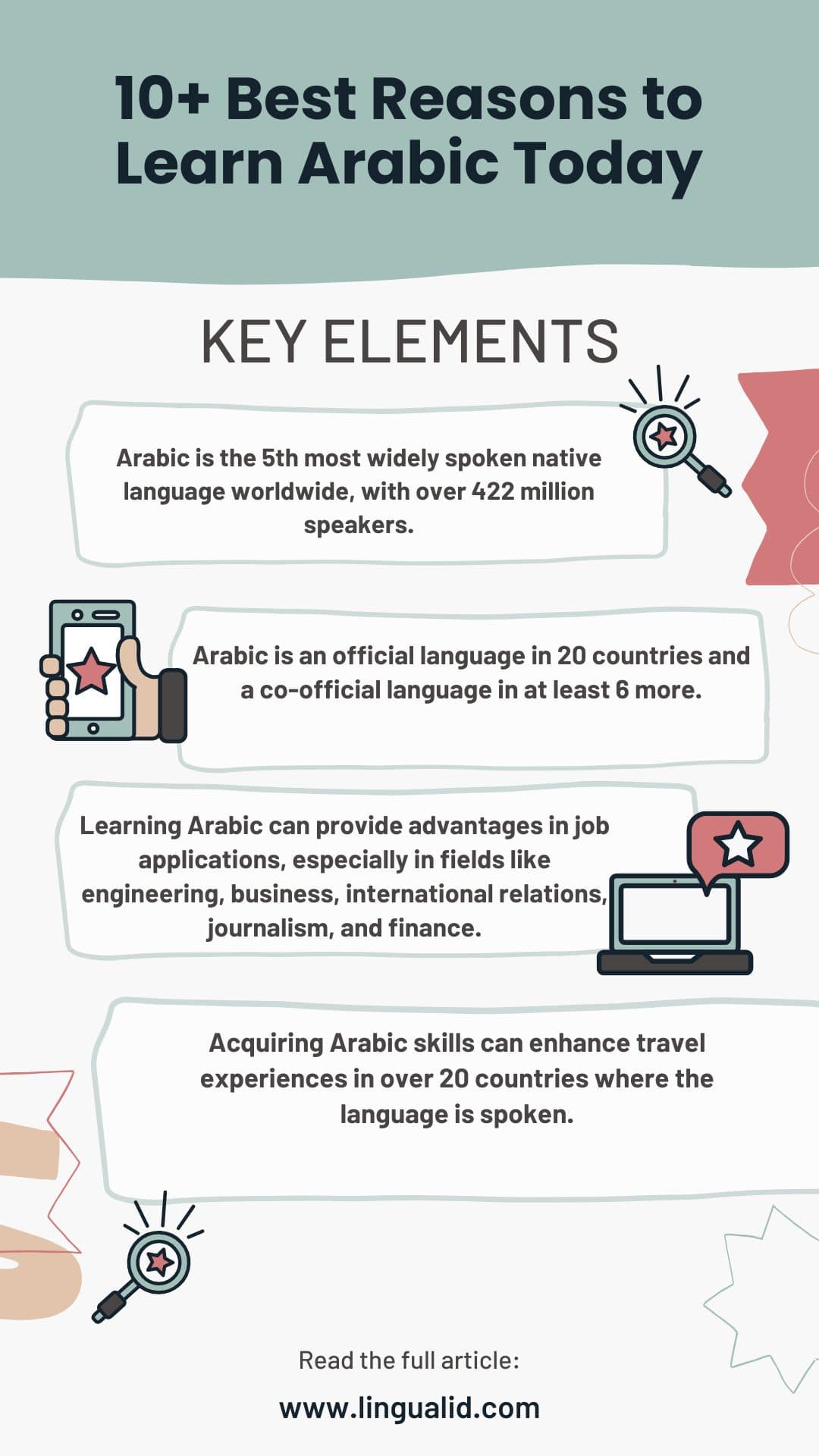
Conclusion
Learning Arabic brings many benefits, like better job chances and deeper cultural understanding. It also makes traveling and personal growth more rewarding. Arabic is a language with a rich history, opening doors to many opportunities worldwide.
The Arab world is becoming more important in global affairs and business. Knowing Arabic is now key for personal, professional, and academic success.
There are many good reasons to learn Arabic. It lets you explore a vibrant culture and access the Middle East’s job market. Whether you want to understand Islamic culture better, improve your business, or learn a new language, Arabic can change your life.
The Arab world is growing, and so is the need for Arabic speakers. By learning Arabic, you can succeed, make meaningful connections, and help bridge the gap between East and West. While it’s a tough journey, the benefits are worth it.
FAQ
Why should I learn Arabic?
How significant is the Arabic language globally?
What career opportunities are available for Arabic speakers?
How is Arabic language connected to Islamic culture and heritage?
What are the economic benefits of learning Arabic?
How does learning Arabic expand travel experiences in the Arab world?
What are the cultural and literary benefits of learning Arabic?
How can Arabic language skills benefit business opportunities?
What are the personal and cognitive benefits of learning Arabic?
How does Arabic relate to other languages?
What are the salary and career advancement opportunities for Arabic speakers?
Oualid Cheddadi is the founder of Lingualid, a platform that inspires independent language learners worldwide, regardless of the language they are learning. The name “Lingualid” is derived from the Portuguese word for “language,” “língua,” and the last three letters of Oualid’s name, “Lid.”

